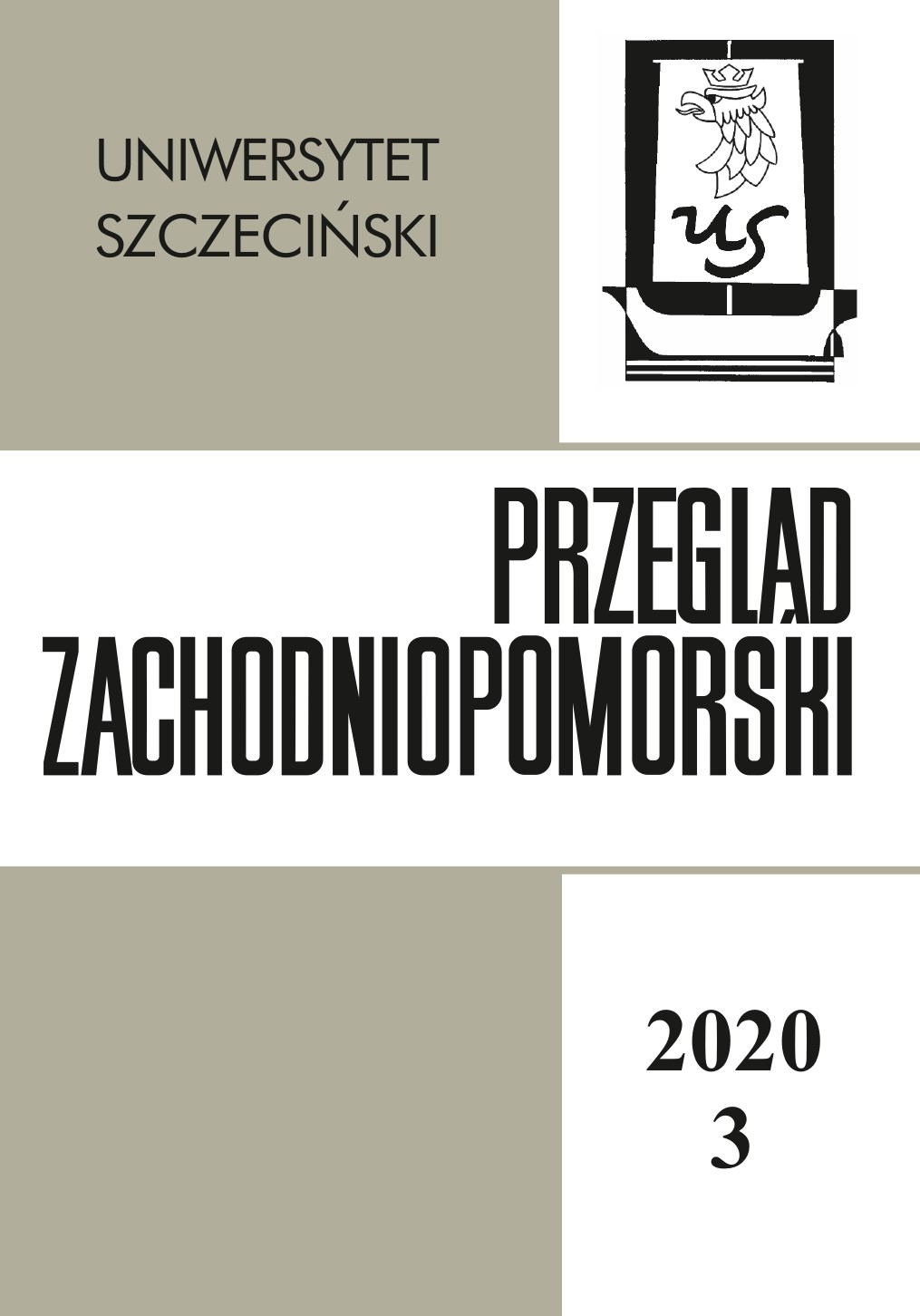Pomeranus non cantat? – Uwe Johnson i Pomorze. Topos utraconej (pierwszej) ojczyzny lub: skąd pochodzę, tego już nie ma
Pomeranus non cantat? Uwe Johnson and Pomerania: A topos of the lost (first) homeland or where I come from doesn’t alredy exist
Author(s): Andrzej TalarczykSubject(s): History, Local History / Microhistory, Recent History (1900 till today), Post-War period (1950 - 1989), Transformation Period (1990 - 2010)
Published by: Wydawnictwo Naukowe Uniwersytetu Szczecińskiego
Keywords: Uwe Johnson; literary fiction; German literature; Germany (GDR); history of 1956; Pomerania; small homeland; concrete utopia; spiritual homelessness; spiritual affinity
Summary/Abstract: Uwe Johnson was perceived before 1989 exclusively as a writer of the division of Germany. Born in Pomerania (Kamień Pomorski), he spent his childhood and early youth in Mecklenburg. After obtaining his university degree in German philology in the German Democratic Republic, he moved to West Berlin. In the same year he published his first novel Mutmaßungen über Jakob (the Polish edition Domniemania w sprawie Jakuba appeared in 2008), which besides the reflection on the division of Germany in the context of the Cold War, dividing Europe into two political camps, extensively describes his holidays he spent until 10 years of age in Darzewice near Wolin. It was, looking through the prism of the author’s whole biography, the most happy period in his life and therefore a point of reference for forming a worldview in a bipolar world of the ideological indoctrination. The characters of his novels written in prose, like Jakob Abs, the main character of the novel mentioned above, hail from Pomerania. The article provides an analysis of determinants of the author’s regional identity from the perspective of self-reflection in which a central position occupies the category of small homeland as understood in the theory of concrete utopia (Ernst Bloch), as well that of spiritual affinity (Johann Wolfgang Goethe), and spiritual homelessness (Siegfried Kracauer).
Journal: Przegląd Zachodniopomorski
- Issue Year: 35/2020
- Issue No: 03
- Page Range: 27-48
- Page Count: 22
- Language: Polish

